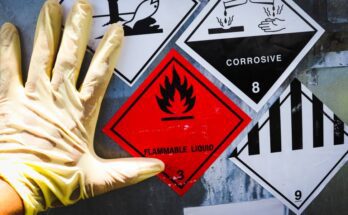Piping systems are present in multiple industries, like oil, gas, and construction. Since these mechanisms play a big role in daily life, piping engineers must focus while on the job. This is a list of what a piping engineer should know before they enter a new work site. These individuals must prepare for whatever comes their way.
Industry-Specific Terms
Every piping engineer should learn a glossary of terms for their position. You can greatly increase efficiency at the work site by learning these terms in advance. Piping engineers should familiarize themselves with terms like expansion joints and weld ends. Comprehending certain vocabulary will make it easier to get through each project.
Communication Is Key
Piping engineers must not underestimate the importance of communication. Since they’ll be working at dangerous locations like oil drill sites, they’ll have to speak with chemical and mechanical engineers. Anyone with too large of an ego should look into another profession. Piping engineers should possess the ability to calmly bring up concerns with other members of the team. They should understand some aspects of the other fields they work with.
Potential Stressors
There are some potential warning signs that piping engineers should learn. These common stressors may change depending on the work site. Here are some issues that engineers should keep in mind:
- Additional weight or movements may cause a piping mechanism to burst unexpectedly
- Very loud noises can move the system out of place
- Change in temperatures may cause a piping mechanism to expand, resulting in leaks
This list of what a piping engineer should know will help anyone new to the industry. Becoming a piping engineer takes a lot of responsibility. These people must pay close attention to the most precise details to ensure there are no leaks or other severe issues. This advice can help people feel more confident in what they’re doing while at work.



